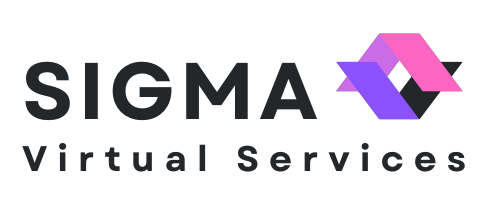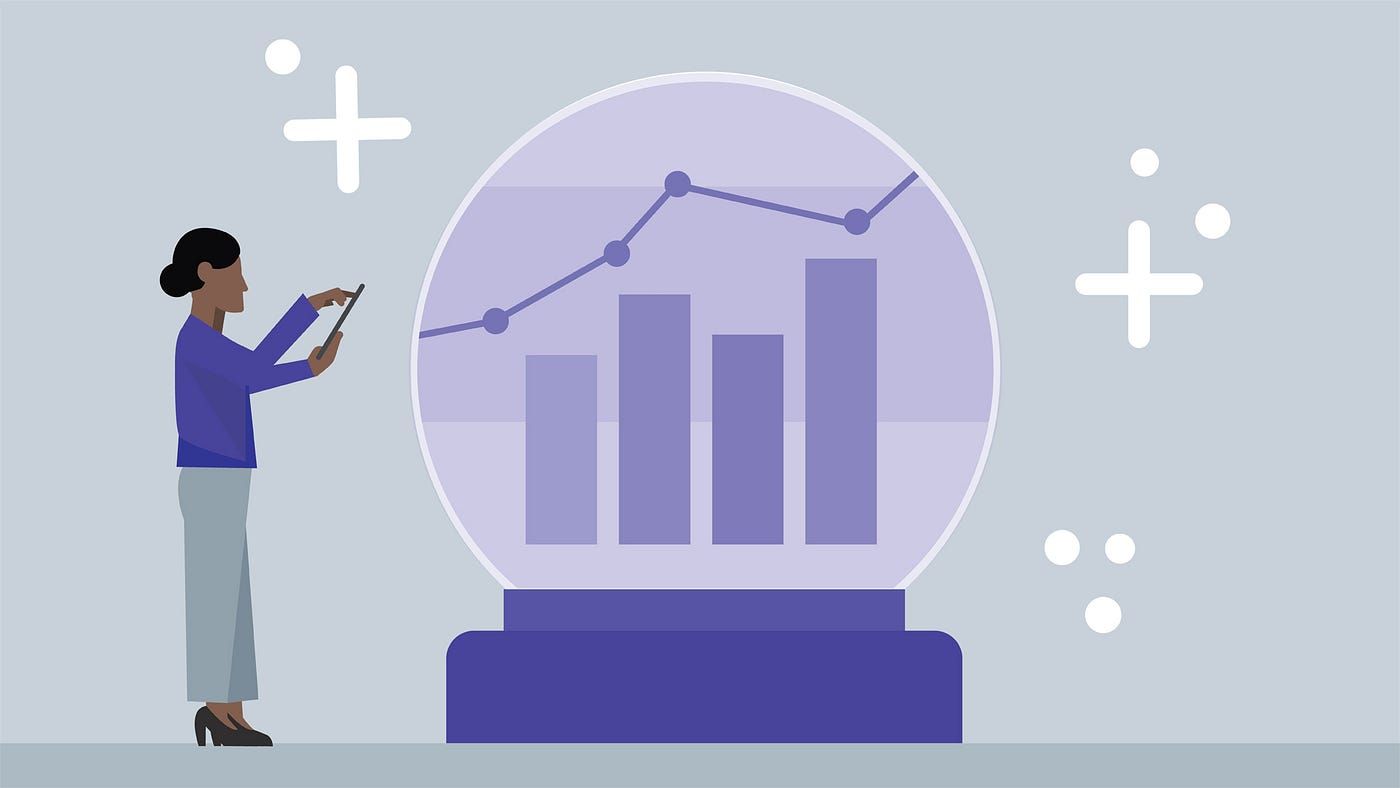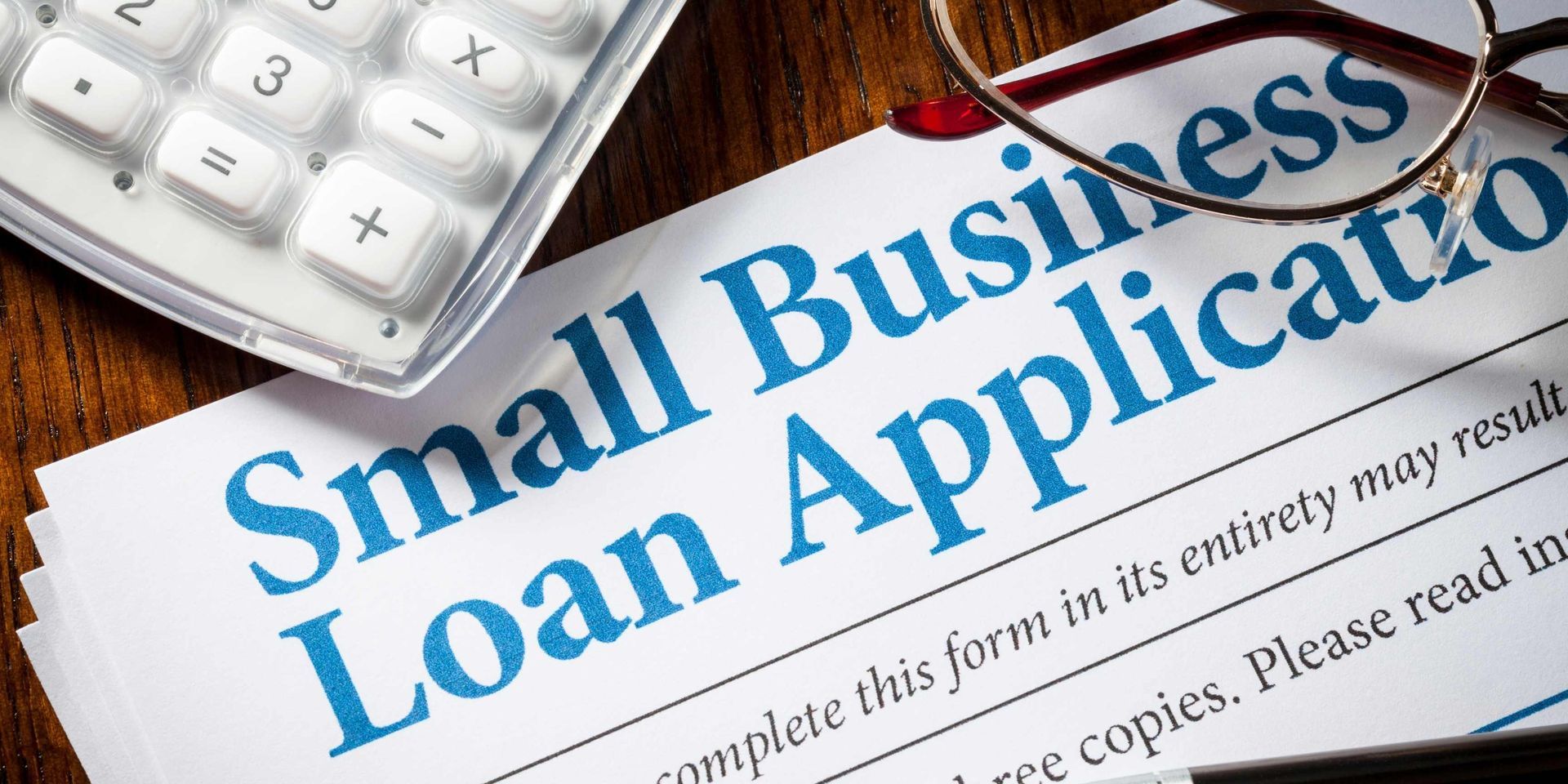The One Tool Your Business Needs to Stay Ahead of the Competition: Email Newsletters
An email newsletter is no different to a regular email that businesses send to their subscribers with updates, news, and other information that subscribers have opted-in to receive. In today's digital age, email newsletters have become a valuable tool for businesses to connect with customers and promote their brands. Read along to explore what an email newsletter is and why businesses should consider using one.
An email newsletter is a marketing tool enabling businesses to communicate regularly with customers. Some businesses use it to promote their products or services, while others provide valuable information to their subscribers, including news, events, blog posts, special promotions, and other relevant information. The newsletter's content can vary depending on the business's goals and the subscribers' interests. They are usually sent on a weekly or monthly basis.
According to Forbes Advisor, the best email marketing platforms in 2023 are:
- "Mailchimp: Best for all-in-one marketing
- Zoho Campaigns: Best for fully integrated business suite
- Drip: Best for e-commerce
- MailerLite: Best for selling paid subscriptions
- Campaigner: Best for experienced marketers
- GetResponse: Best for small to medium-sized enterprises (SMEs)
- Moosend: Best for legacy companies."
Now, let's look into why businesses should consider using email newsletters:
Building and maintaining customer relationships:
Email newsletters help businesses stay in touch with their customers by providing them with valuable content and updates, which can increase customer loyalty and strengthen relationships.
Cost-effective marketing:
Email newsletters are a cost-effective way for businesses to market their products or services. Unlike traditional forms of advertising, such as print or television ads, email newsletters have a low cost. They can be sent to a large number of subscribers at once.
Personalised content:
Email newsletters allow businesses to segment their subscribers and provide personalised content based on their interests and preferences, leading to higher engagement rates and a more positive customer experience.
Driving traffic to websites or social media pages:
Email newsletters can drive traffic to a business's website or social media pages. Encourage subscribers to visit your websites or engage with them on social media by including links to relevant content.
Generating leads and sales:
Email newsletters can also generate leads and sales. Try including special promotions or exclusive offers to incentivise your subscribers to purchase or take action.
Studies also suggest that clear call to action, personalised content and accurate timing are the main attributes of a successful email marketing campaign (Lin, 2016).
In conclusion, email newsletters are an effective marketing tool businesses can use to connect with customers, build relationships, and promote their products or services. Businesses can benefit from a well-executed email newsletter campaign by personalising content, driving traffic to websites and social media pages, and generating leads and sales.










